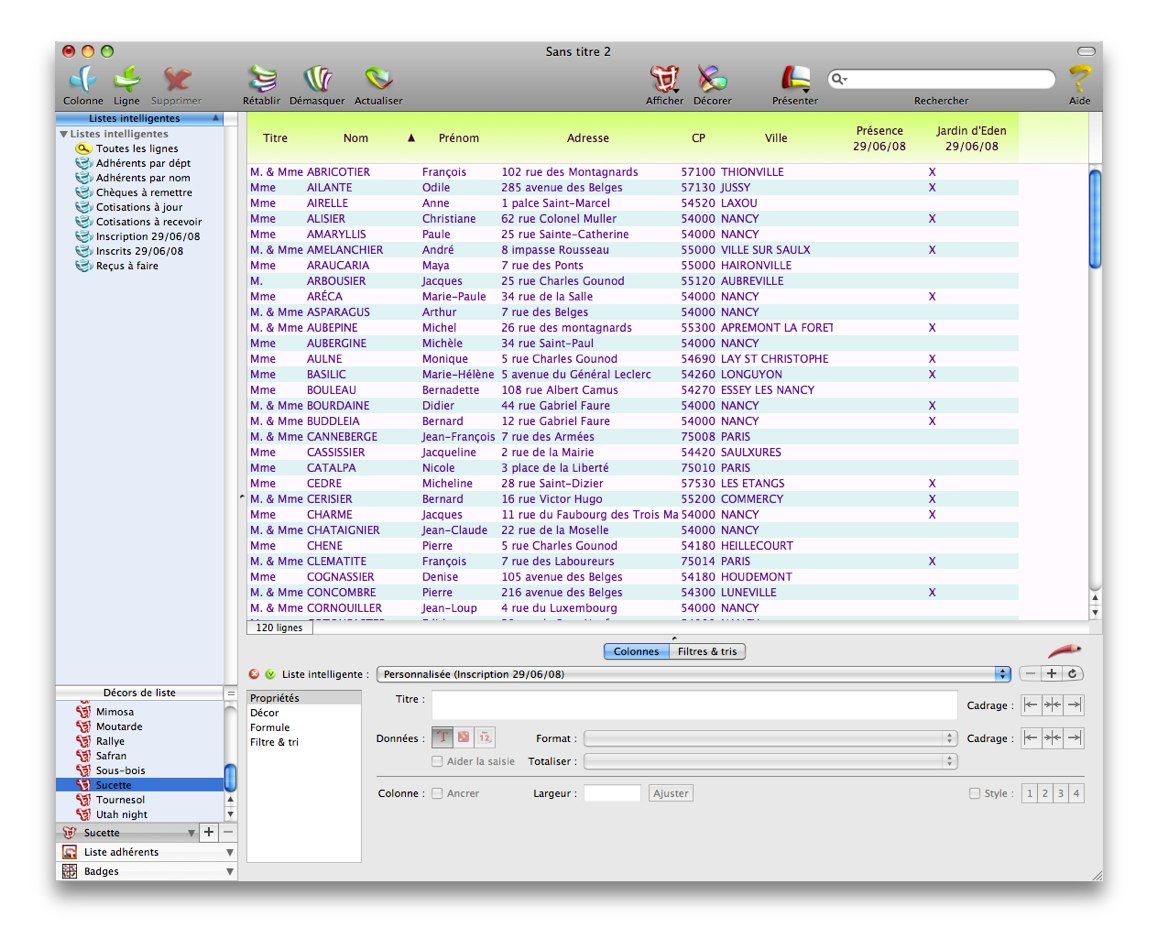

New artificial leaf for harnessing solar energy to produce renewable hydrogen and to reduce CO2 emission. New generation quantum dot solar cells with world record efficiencyģ.

Ultrastable functional composite glasses for clean energy conversionĢ. Some research impact stories are listed below:ġ. Wang’s achievements have not only established him as a world leader in the design and preparation of innovative semiconductor materials, but have also advanced important industrial applications of material engineering, chemical engineering, and nanotechnology in critical domains of renewable energy conversion and storage applications, including artifical leaf for solar fuel hydrogen production, high efficiency low cost solar cells, and printed batteries, which have attracted over 200 media/news coverage. Research Supervision: 36 RHDs awarded, current supervisor of 17 PhD students & 15 Postdoctoral Fellows/Research Fellows/Senior Research Fellows.Lecturer of second year undergraduate core course CHEE2003 Fluid & Particle Mechanics and fourth year engineering course CHEE4301 Nanomaterials and Their Characterisation.Wang is the elected fellow of Royal Society of Chemistry and Academia Europaea. Wang has won a number of prestigious Fellowships/awards including STA Fellowship of Japan, ARC QEII Fellowship of 2006, UQ Research Excellence Award of 2008, Scopus Young Researcher Award of 2011, ARC Future Fellowship of 2012, UQ Research Supervision Award of 2018, ARC Australian Laureate Fellowship of 2019, and Research Excellence Award in Chemcial Engieering of 2019. He is named on the list of the Clarivate’ Highly Cited Researchers (Top 0.1% researcher in the world). Wang is serving as Associate Editor/Editorial Board member of more than six international journals including Advanced Materials (Wiley Publishing group, Impact factor 32.09). His publications have received >44,000 citations with a H-index of 115 (Google Scholar). Soc., etc.), filed 18 patents and delivered over 100 plenary/keynote/invited presentations. Wang has contributed 3 edited books, 14 edited book chapters, more than 500 journal publications (including top ranking journals such as Science, Nature Energy, Chem. In the past 15 years, as a Chief Investigator, he has attracted a large number of competitive research funds from ARC, CRC, CSIRO and industry. In late 2018, his team has broken the certified efficiency world record of quantum dot solar cells, achieving 16.6%, which was recognised in the highly influential Best Research-Cell Efficiencies chart ( ).

Professor Wang's research focuses on the synthesis, characterisation and application of semiconductor nanomaterials for use in renewable energy conversion/storage systems including photocatalytsts for solar hydrogen and valuable chemical production, rechargeable batteries and low cost solar cells. Since joining UQ, he has worked as ARC Queen Elizabeth II Fellow (2006), Senior Lecturer (2007), Associate Professor (2010), Professor (2012-now) and ARC Future Fellow (2012-16), and is now an ARC Australian Laureate Fellow (2019-24) at Chemical Engineering School and AIBN. Before joining UQ in 2004, he has worked at two leading national research institutions (NIMS and AIST) of Japan as a research fellow for five years. He received his PhD degree from Shanghai Institute of Ceramics, Chinese Academy of Sciences in 1999. Lianzhou Wang is Professor and Australian Research Council (ARC) Australian Laureate Fellow in School of Chemical Engineering, Director of Nanomaterials Centre (Nanomac), and Senior Group Leader of Australian Institute for Bioengineering and Nanotechnology (AIBN), The University of Queensland.


 0 kommentar(er)
0 kommentar(er)
